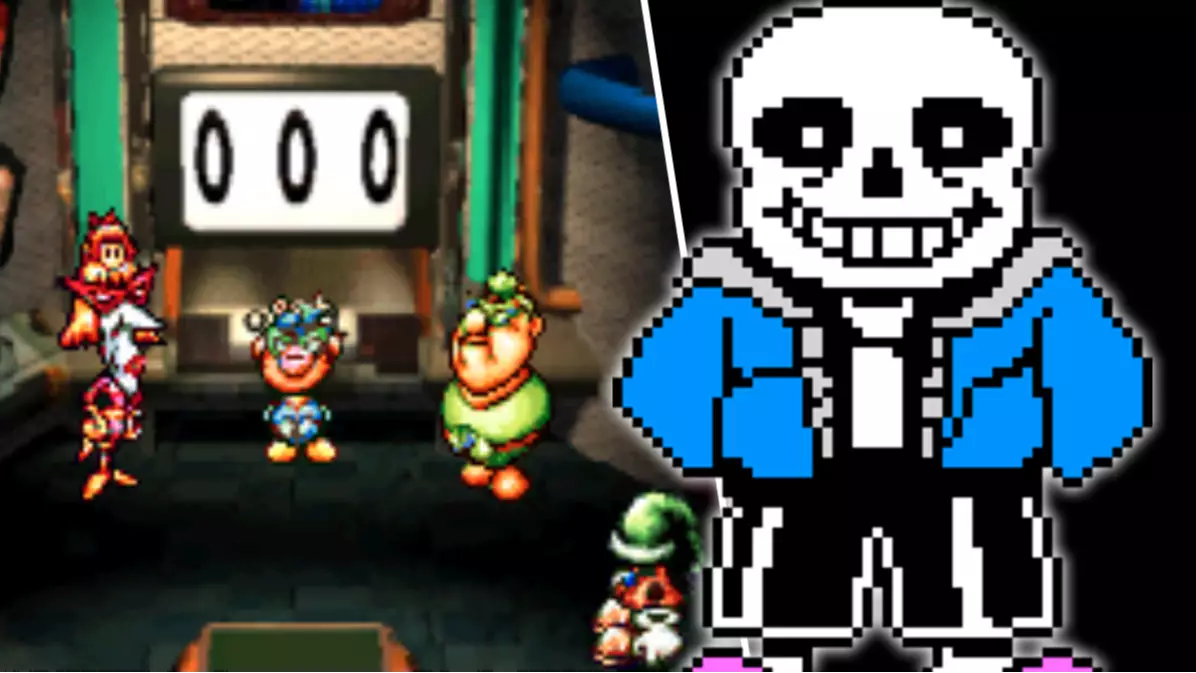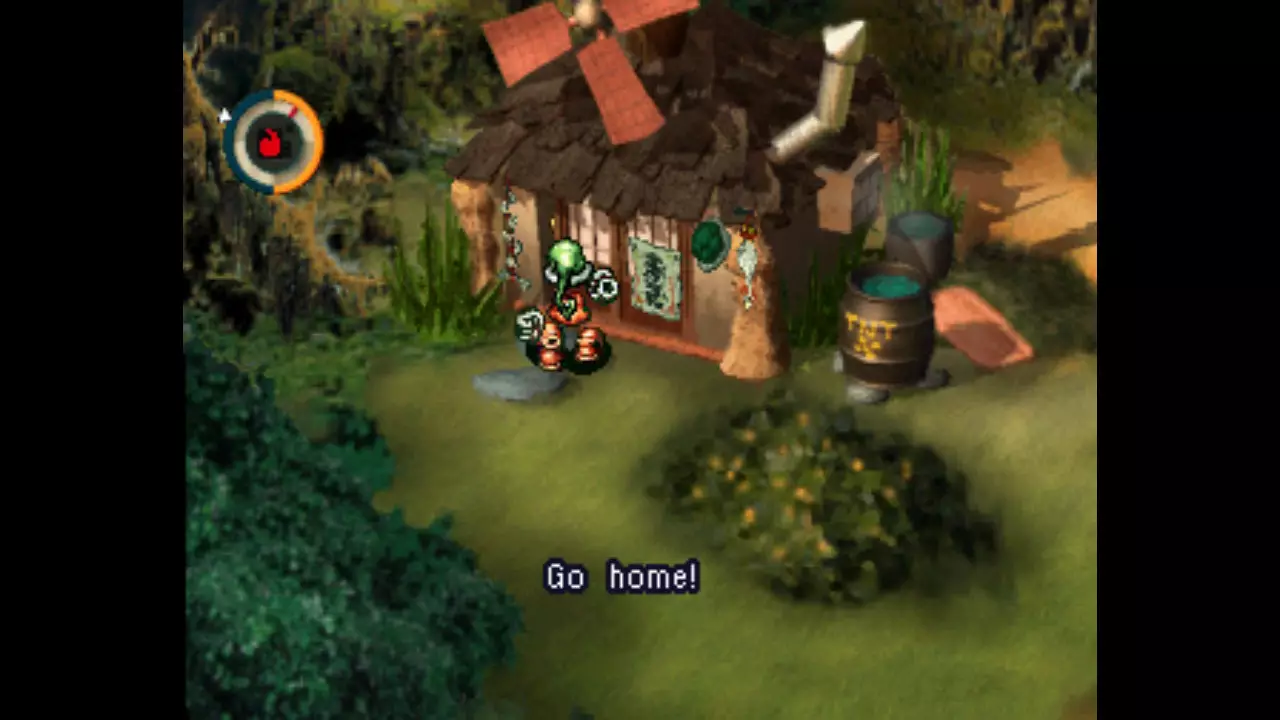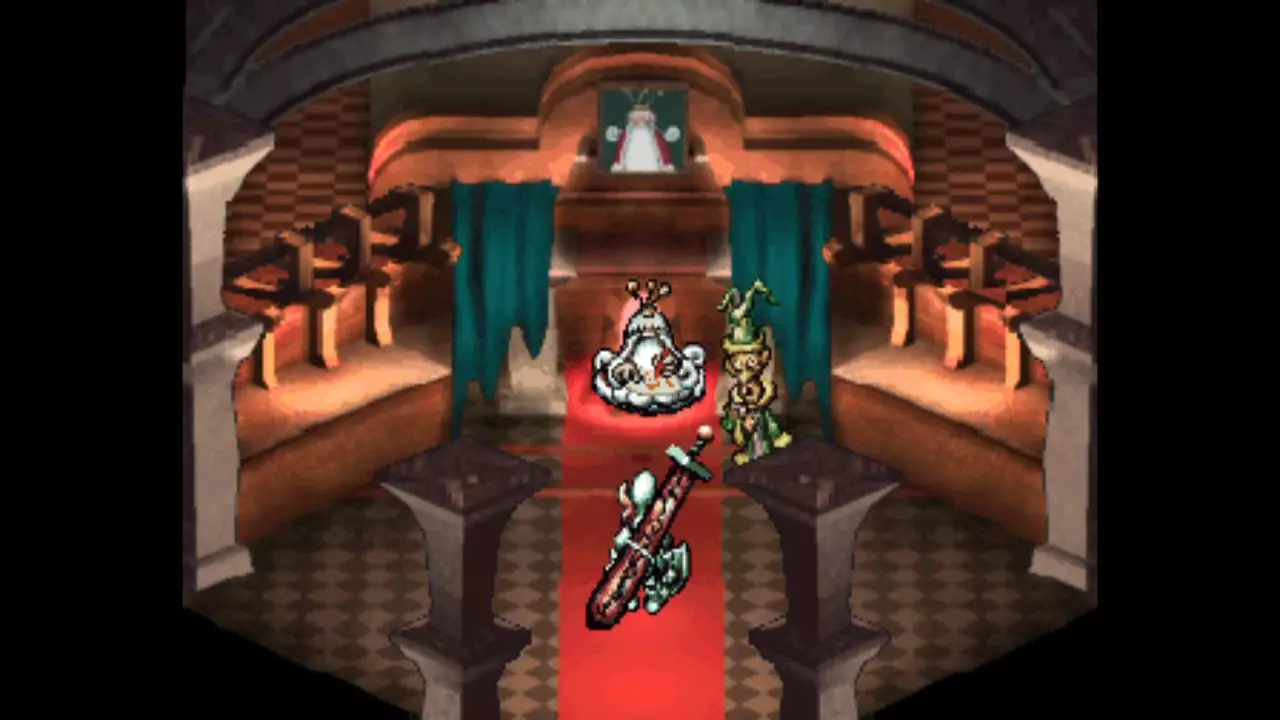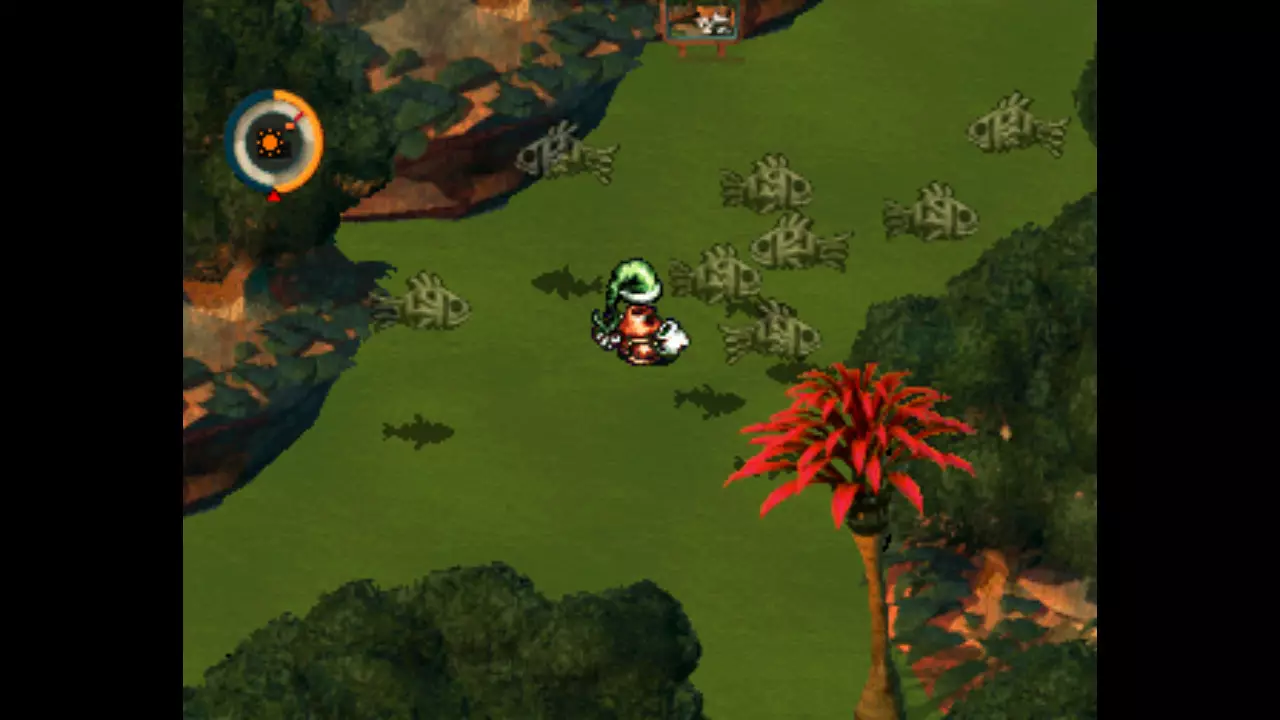
Undertale turns five years old today, and it's fair to say age hasn't slowed it down one bit. Created by Toby Fox, Undertale charmed players with its satisfying gameplay, self-aware characters and deep story. Almost lampooning the nature of RPGs, it felt like the kind of game nobody had made before. However, that's not entirely true.
In 1997, Moon was released in Japan, and offered an experience that would later clearly inspire Toby Fox's beloved title. Sadly, it didn't come to the rest of the world back then. Of course, fan translation projects for the game exist in pockets of the internet, but an official release for Moon (stylised 'moon') wouldn't come out until August 27 2020 (that's right, it's out now!).

Much like its spiritual successor, Moon puts you in the role of a young child who falls into a magical world populated by whimsical creatures, but there's a key difference between this and Undertale. You begin as a child sitting in front of a game console, playing through this world (or one similar, at least) as a generic RPG protagonist. You've got a big sword, legendary armour, godlike powers, and a penchant for murdering everything in sight. This section essentially plays out for you, with battles on set rails.
Advert
When this opening chapter ends, the child character is sucked into their TV and you're cast in a new role as the ghost of a former character within the in-game video game. This is where Moon really comes alive, tasking you with righting the wrongs of the game's new 'hero'.
Your job here is to seek out 'Love'. No, it's not a dating sim. Love is the ethereal resource you gain for doing good deeds, such as helping NPCs or fixing machines. The main way you acquire Love is to recover the souls of slain 'monsters'. The more Love you get, the more you level up.

Moon uses pacifist gameplay to hold a mirror up to RPGs, and the result is both thought-provoking and great fun. It parodies tropes of the RPG genre to offer something unique, and still feels remarkable by today's standards because of this. In other words, it does exactly what Undertale went on to do 18 years later, albeit with a more limited scope than Fox's masterpiece.
Advert
Unhindered by the technology of its time, Undertale goes to a whole other level with its demonstration of RPG pitfalls. For one, it doesn't openly force your character to murder NPCs, nor does it outright tell you that peaceful gameplay is the only option. Undertale is more fluid, inviting you to play how you want to, and giving you the outcome you deserve based on your choices. Even now, five years later, Undertale nails this so effectively that it's impossible not to marvel at how it all plays out.

Moon may not go to these depths, but what it lacks in gameplay choice, it makes up for in originality. The whole game feels revolutionary when compared to other '90s RPGs, and that vibe won't be lost on new players. There's a lack of polish due to age, but this only makes it feel more impressive because it highlights how truly ahead of its time Moon was.
Five years after the release of Undertale, it's still as good a time as ever to play through the story of Sans and company. But if you want to see where it truly all began, then it's worth going back a little further and playing Moon.
Featured Image Credit:Topics: Nintendo Switch